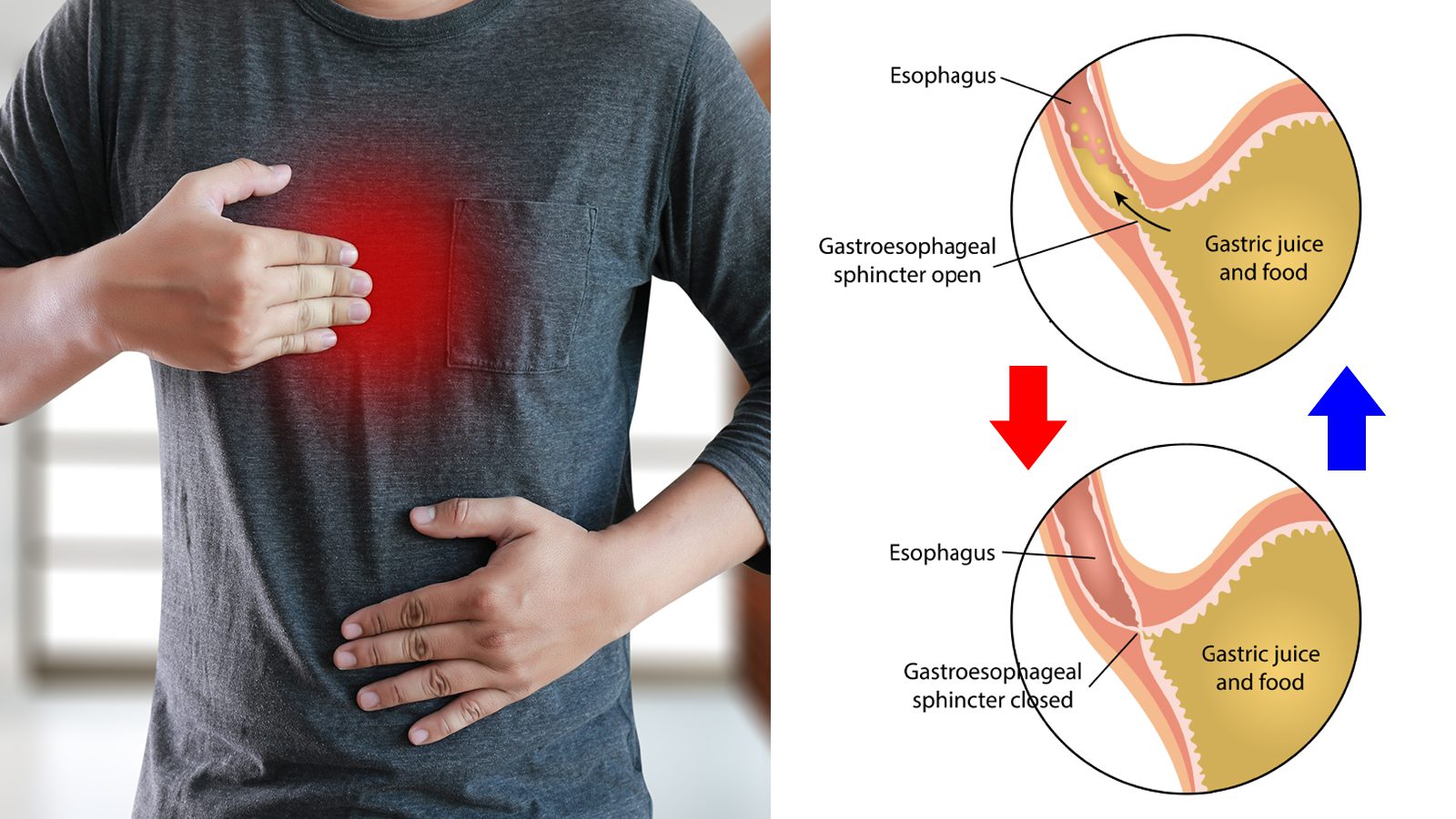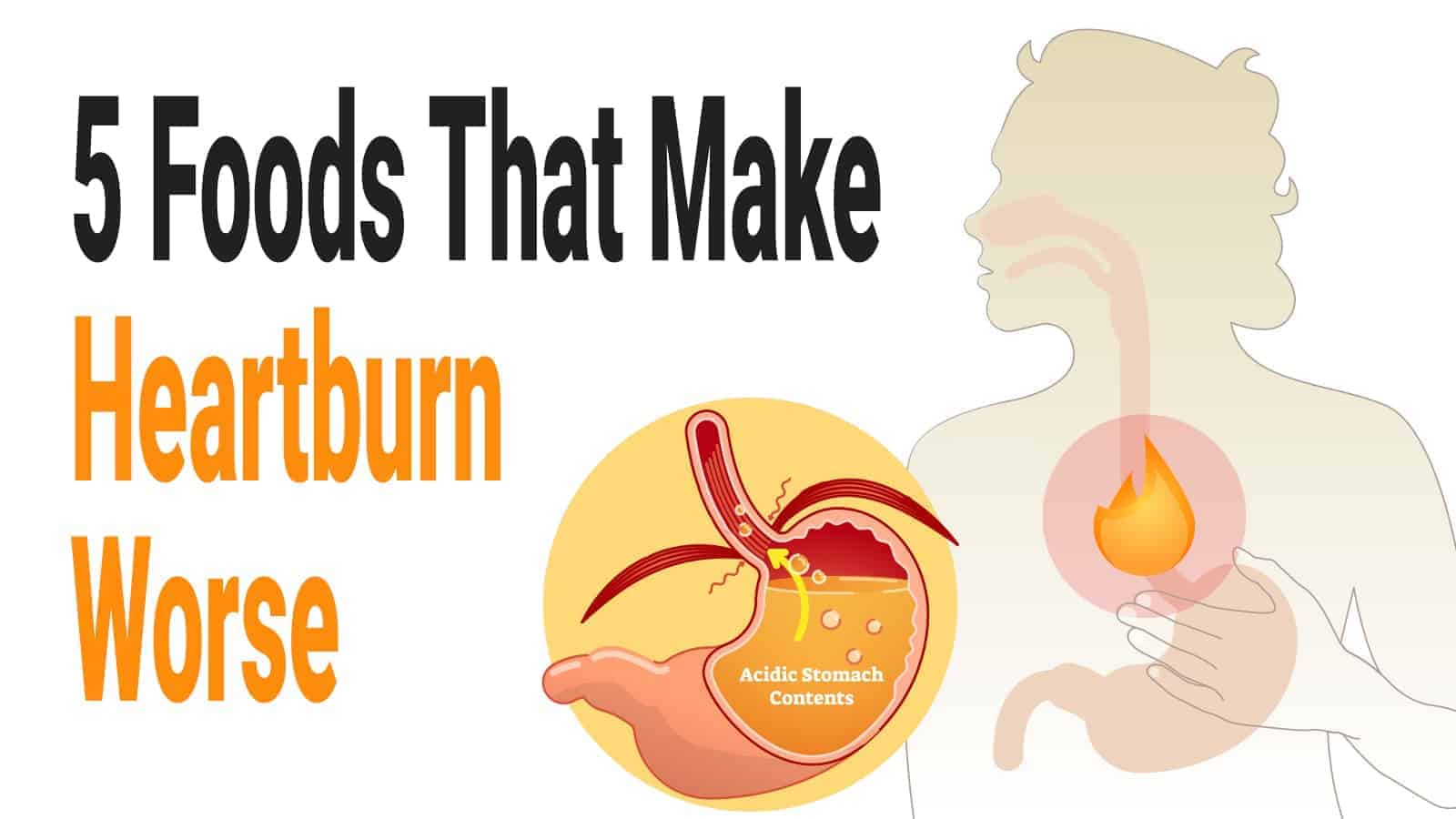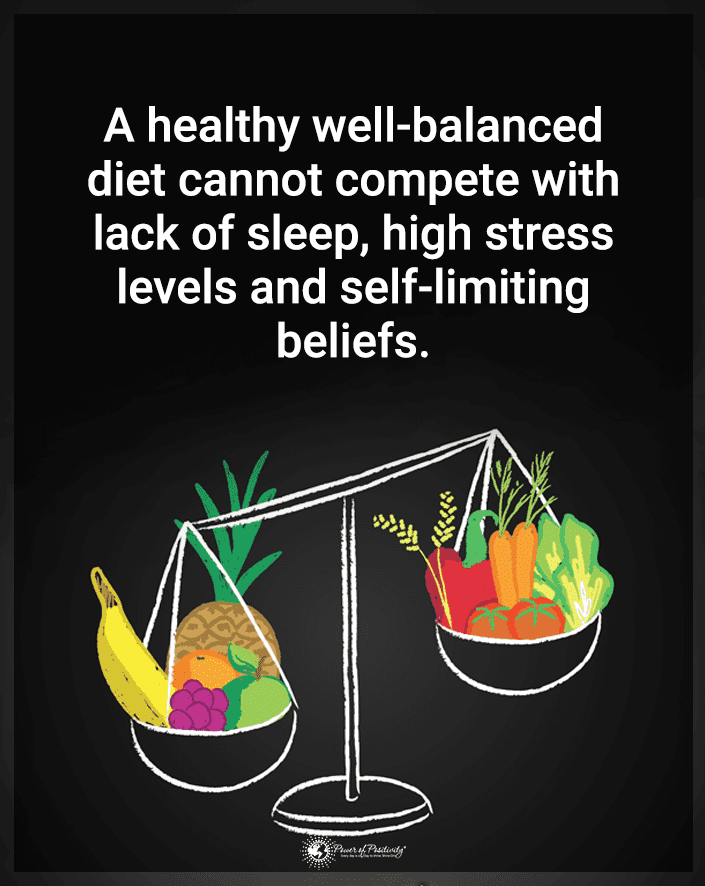Some people have acid reflux symptoms without knowing it because sure signs of acid reflux mimic other conditions. You could have heartburn if you have a burning feeling in your throat or chest, especially at night when you lie down. Stomach acid backflows into your esophagus are called acid reflux. Acid reflux causes heartburn. Gastroesophageal reflux (GERD) is the medical name for acid reflux. Some use GERD, acid reflux, and heartburn interchangeably to describe the same condition.
But no matter what you call it, acid reflux symptoms are painful.
Ten acid reflux symptoms never to ignore
Here are ten acid reflux symptoms you shouldn’t ignore. If you have these signs, it’s time to see your family doctor.
1. Trouble swallowing is one of the early acid reflux symptoms
Foods that cause acid reflux irritate your throat. You may have trouble swallowing, or the irritation may cause a dry cough, sore throat, or wheezing. It’s easy to assume you have an allergy. Researchers say that approximately 20% of adults in the United States suffer from GERD. Other acid reflux throat symptoms include:
- Choking
- Tight throat
- Constantly clearing your throat
2. A “lump in your throat” feeling might be heartburn
Feeling a lump in your throat is an easy-to-miss acid reflux symptom. It’s easy to dismiss it as allergies or a cold symptom. However, the stomach acid flows into your esophagus, which causes swelling in your throat tissue. This swelling pushes into your larynx, making you feel like a big ball in your stomach.
3. Bad breath is perhaps the most embarrassing of the acid reflux symptoms
Besides heartburn, many people with acid reflux complain about having bad breath. As the stomach, acids, undigested foods, and bile get regulated into your esophagus, it seeps into your pharynx, causing bad breath. Others can smell the acid on your breath. As a result, you might burp, which only worsens the smell. People with acid reflux can also notice their bad breath when they open their mouths. You might have acid reflux if your breath smells acidic and pungent.
4. Nausea can come from heartburn
Some people have nausea from acid reflux. When you have acid reflux, the stomach acid gets into your esophagus. Those acids make you cough and burp, which causes sickness. When you have nausea, you may lie down, which only worsens your acid reflux. If you experience a lot of nausea, especially after eating certain foods, be aware you may suffer from acid reflux.
5. Hiccups that keep coming back
Hiccups can be embarrassing. You’re out for dinner with friends, and after you eat, you start hiccuping. Besides being annoying, it’s easy to miss hiccups as an acid reflux symptom. Heartburn irritates your diaphragm, causing it to contract and make you hiccup.
6. Hoarseness is often overlooked among the acid reflux symptoms
Constant hoarseness is another one of the ignored signs of acid reflux. Many people attribute this symptom to allergies. Called reflux laryngitis, it’s a voice disorder that occurs from the swelling and irritation of your vocal cords from the backflow of your stomach acid into your throat. Your stomach contains enzymes and acids that digest the food in your stomach. When these enzymes and acids enter your esophagus, throat, or vocal cords, it causes hoarseness, sore throat, and throat clearing.
7. Bloated stomach
Bloating increases the pressure in your abdomen and causes acid reflux by pushing your stomach enzymes, unprocessed foods, and acids into your esophagus, making you burp and swallow more air, resulting in more bloating.
8. Chest pain (but don’t assume it’s one of the acid reflux symptoms–get help immediately)
Chronic acid reflux is known to cause chest pain. If you have pain in your chest, call 911 right away. Even if it’s acid reflux, you don’t want to risk it being your heart.
Almost half of the people with acid reflux experience chest pain. The pain feels like it’s in your heart. But it is in your esophagus, near your heart. This chest pain due to acid reflux is called noncardiac chest pain. It’s a recurring pain behind your breastbone and close to your heart. It’s important to note that it can’t hurt your heart.
9. When you lie flat, you get a burning sensation in your throat
Acid reflux often shows up at night when you lie down. Lying flat causes the acids and undigested foods to pool in your esophagus. It helps to avoid eating at least three hours before bedtime. You can also elevate your head at night to reduce the backflow of acids into your throat to sleep better.
10. Choking in your sleep
Acid reflux may cause you to wake up in the middle of the night with a choking fit. You feel like there’s something in your throat. This sensation is from the acid pushing back into your throat, causing burning feelings, so you choke. Skip late-night snacks and drinks that irritate your acid reflux.
What causes these acid reflux symptoms?
Heartburn is caused or made worse by different foods and conditions. Here are some of the reasons why you may experience heartburn.
- Being overweight: Carrying extra weight pushed on your abdomen. The excess fat in your belly squeezes your stomach so that acid fluids push into your esophagus.
- Certain foods: Caffeinated drinks, dairy, alcohol, chocolate, and fatty foods can cause acid reflux.
- Smoking: Your esophageal sphincter is the closure that keeps acid in your stomach, not in your esophagus. Smoking causes your LES not to work correctly, so stomach acid creeps back into your esophagus and throat.
- Stress: Researchers think that anxiety and stress cause your brain to react to pain, making you more sensitive to slight increases in your acid levels. Stress may also decrease the production of prostaglandins, which protects your stomach from acid effects.
- Pregnancy: Being pregnant increases certain hormones in your body that can cause acid reflux.
- Medications: Drugs that may lead to acid reflux include aspirin, iron supplements, ibuprofen, blood pressure medications, anti-anxiety medications, antibiotics, and osteoporosis medications.
- Hiatus hernia: This type of hernia or hole in your diaphragm occurs when acid and other contents from your stomach are squeezed into your diaphragm and passed back into your esophagus.
What foods trigger acid reflux?
Here is a list of foods that cause acid reflux.
- Alcohol, especially red wine
- Caffeinated drinks
- Carbonated drinks
- Chocolate
- Fried foods
- Fast foods
- Pizza
- Processed snacks like chips and crackers
- Fatty meats like sausage and bacon
- Cheeses
- Spices like chili powder, black peppers, or cayenne powder
- Herbs like peppermint or spearmint
- Citrus fruits
- Garlic
- Onions
What foods prevent acid reflux symptoms from flaring up?
Many foods won’t trigger acid reflux. Instead, eating these foods can help reduce the acid and help heal your throat and esophagus. It won’t happen overnight but stick to these foods for at least a month to see results. How fast you recover depends on the damage inside your esophagus. If there is damage, it could take longer.
High-fiber foods
Foods high in fiber keep you feeling full, so you won’t overeat, reducing acid reflux and heartburn. Eat whole grains like these:
- Oatmeal
- Quinoa
- Brown rice
- Whole grain pasta
- Whole grain cereals
- Green beans
- Asparagus
- Broccoli
- Root veggies, like sweet potatoes, beets, and carrots.
Foods high in water
Eating water-based foods can dilute your stomach acid. So if you have acid reflux, you can eat these:
- Watermelon
- Lettuce
- Cucumbers
- Celery
- Herbal teas
- Soups with a broth base
Alkaline foods
Foods with a low pH are acidic. Eating alkaline foods with a higher pH level is best to offset your stomach acid. If you have acid reflux, eat these foods.
- Nuts
- Melons
- Bananas
- Cauliflower
- Most fruits and veggies
- Beans and lentils
- Unsweetened milk and yogurts
- Soy products
Other tips for how to reduce your acid reflux symptoms:
- Avoid overeating: Instead of three big meals a day, try to eat several small meals to keep your stomach from getting too full from a big dinner. It also decreases excessive stomach acid.
- Don’t eat too close to bedtime: Stop eating food at least two hours before bedtime to prevent backwash into your esophagus when lying in bed.
- Keep a healthy weight: If you’re overweight, try to lose weight. If you’re already at a healthy weight, avoid gaining weight with good eating habits and exercise.
- Quit smoking: Find ways to kick the habit of smoking. For example, nicotine patches and nicotine gum help reduce the urge to smoke.
- Eat a balanced diet: Try to maintain a healthy diet. Because acid reflux worsens as you age, now is the time to begin good eating habits.
- Lift your head: You can elevate your head approximately six to eight inches so it’s higher than your feet.
Final thoughts on knowing these acid reflux symptoms
Acid reflux is a painful condition. It causes burning in your throat, esophagus, and sometimes your chest. Some people ignore acid reflux symptoms or don’t realize they have it because some signs of acid reflux mimic other conditions. If you know you have acid reflux, some foods cause heartburn, throat pain, and even choking fits when you sleep. Other causes of acid reflux are anxiety, stress, and being overweight. The best prevention is maintaining a healthy weight, eating a well-balanced diet, and reducing stress. Because acid reflux is more common as you age, now is the time to start a healthy lifestyle.

















 Community
Community

